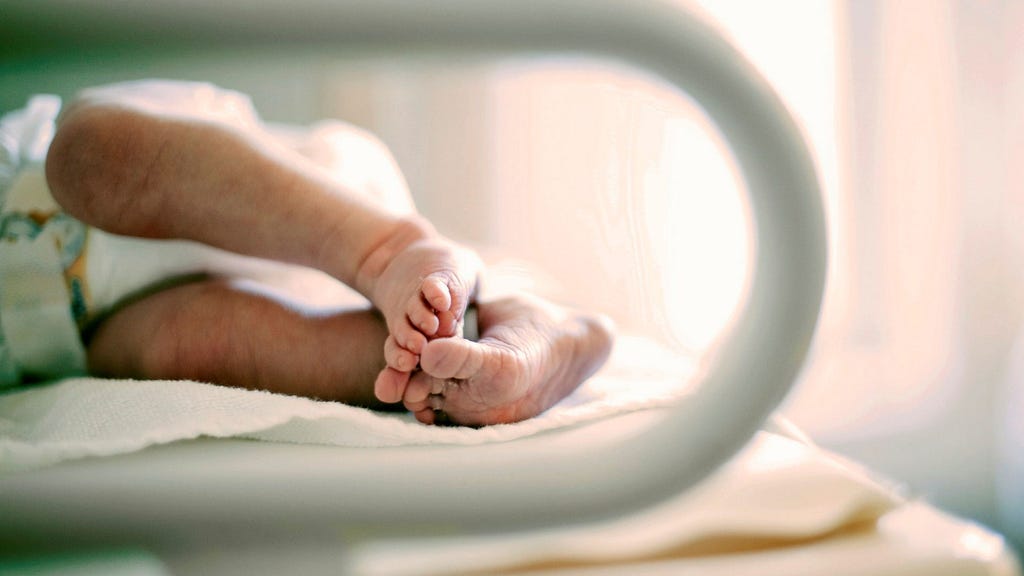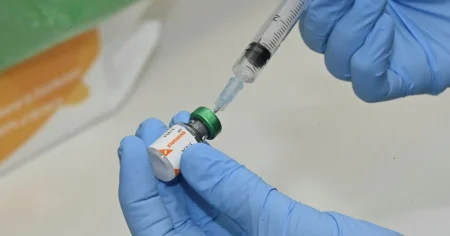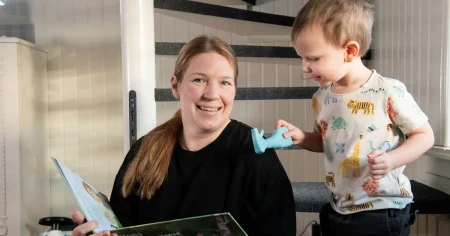The declining birth rate of children with Down syndrome (DS) in Sweden has become increasingly pronounced, a trend highlighted by a recent report from the National Board of Health and Welfare (Socialstyrelsen). This decline reflects a growing disparity between the expected frequency of DS births based on maternal age and the actual number of babies born with the condition. Professor Karin Källén, a prominent researcher in the field, emphasizes the widening gap between anticipated and observed DS births, raising questions about the factors contributing to this phenomenon. Exploring these contributing factors necessitates an in-depth understanding of prenatal screening practices, societal attitudes towards disability, and the choices available to expectant parents when faced with a prenatal diagnosis of DS. This comprehensive analysis will delve into the ethical, social, and medical implications of this declining birth rate, considering the perspectives of individuals with DS, their families, and the broader society.
Prenatal screening programs in Sweden, like in many developed countries, offer expectant parents the option of testing for chromosomal abnormalities, including Down syndrome. These screening methods, which include combined first-trimester screening, non-invasive prenatal testing (NIPT), and amniocentesis or chorionic villus sampling (CVS), have varying levels of accuracy and invasiveness. The increasing availability and accuracy of these tests, particularly NIPT, have likely contributed to the declining birth rate of children with DS. NIPT, being a non-invasive blood test, carries a lower risk of miscarriage compared to invasive procedures like amniocentesis and CVS, making it a more accessible and attractive option for expectant parents seeking information about their baby’s health. While these tests are intended to provide information and empower parents to make informed decisions, the subsequent choices made in the context of a positive DS diagnosis raise complex ethical considerations.
The decision to continue or terminate a pregnancy following a prenatal diagnosis of DS is deeply personal and influenced by a multitude of factors, including individual values, beliefs, societal pressures, and access to support systems. The availability of prenatal screening coupled with the option of pregnancy termination raises concerns about societal attitudes towards disability and the potential for selective abortion based on a diagnosis of DS. While it is crucial to acknowledge the autonomy of expectant parents in making reproductive choices, the societal context in which these choices are made warrants careful examination. The fear of the challenges associated with raising a child with DS, the perceived burden on families, and limited societal support can influence a parent’s decision, reflecting underlying societal biases and prejudices against disability. The declining birth rate of children with DS, therefore, not only reflects individual choices but also mirrors broader societal perceptions and attitudes towards disability.
Furthermore, the increasing accuracy and widespread availability of prenatal screening methods may unintentionally create a perception of DS as a condition to be avoided, potentially further marginalizing individuals with DS and their families. This perception can contribute to a lack of understanding and acceptance of individuals with DS within society, impacting their inclusion and opportunities. The potential for selective abortion based on a DS diagnosis also raises concerns about the value placed on human life and the societal message it sends to individuals with disabilities. These ethical dilemmas require open and honest dialogue within society, considering the perspectives of all stakeholders, including individuals with DS, their families, healthcare professionals, and disability advocates. It is imperative to address the societal biases and prejudices that contribute to the perception of DS as a negative outcome and promote a more inclusive and accepting society for all individuals, regardless of their abilities.
The declining birth rate of children with DS necessitates a comprehensive examination of support systems available to families raising children with disabilities. Access to adequate healthcare, educational resources, and social support services plays a crucial role in the well-being of individuals with DS and their families. The availability of these support systems can significantly impact a parent’s decision-making process following a prenatal diagnosis of DS. A lack of adequate support can create a sense of isolation and fear, potentially influencing parents towards pregnancy termination. Conversely, robust support systems can empower parents to confidently embrace the challenges and joys of raising a child with DS. Investing in comprehensive support services for families raising children with disabilities is not only ethically imperative but also contributes to a more inclusive society where all individuals can thrive.
In conclusion, the declining birth rate of children with Down syndrome in Sweden raises complex ethical, social, and medical questions. While advances in prenatal screening technology empower expectant parents with information, the subsequent choices made in the context of a positive DS diagnosis reflect societal attitudes towards disability and the availability of support systems. The potential for selective abortion based on a DS diagnosis necessitates ongoing dialogue and reflection on the value of human life and the inclusion of individuals with disabilities in society. Creating a more inclusive and supportive environment for individuals with DS and their families requires addressing societal biases, promoting acceptance, and investing in comprehensive support services. This multifaceted approach is essential to ensure that all individuals, regardless of their abilities, have the opportunity to live fulfilling and meaningful lives.














